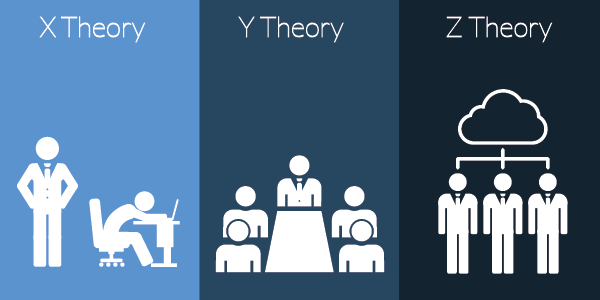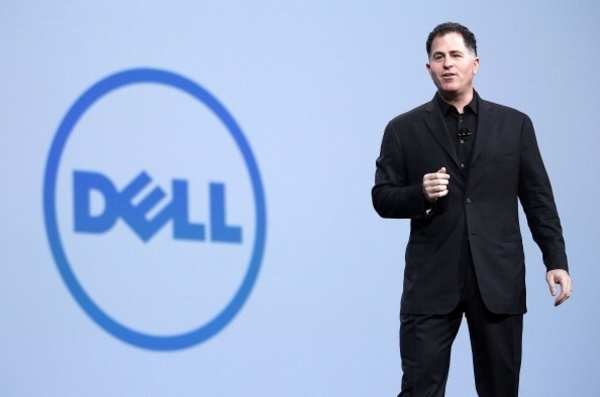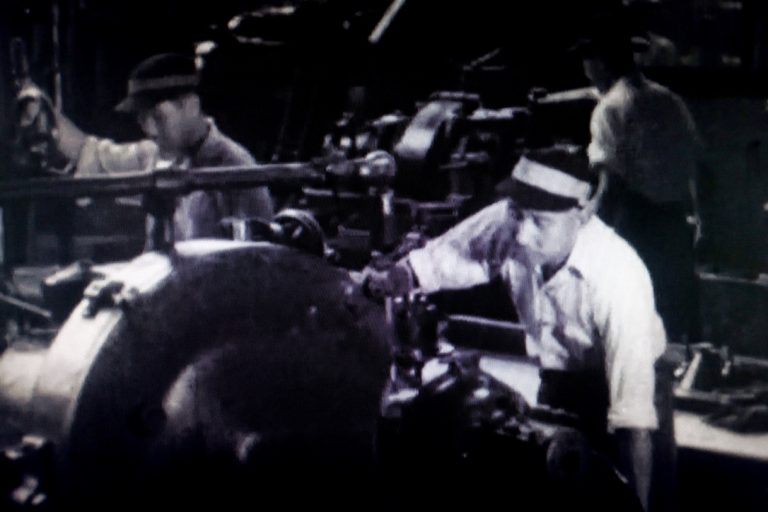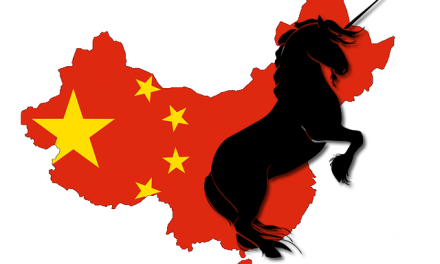
Japan’s complete defeat of intellectual creativity 3

1970’s in the U.S/ Photo: LELAND BOBBE
American economists and business people continuously wrote sort of instruction manual of Japan and not only spread its system to all over the U.S, but also showed great ability in organizing it to the concept of the American version.
At first, a strategy of American companies to compete against Japan was sort of chaos and they couldn’t figure out where the exit was. However, some breakthroughs were born from the latter of half of the 1980’s.
Reengineering and Toyota Production System

Theory Z/ Source: getcontrol.co
From the latter of the half of the 20th century, the U.S developed a variety of managerial techniques and tried them out in the real businesses.

e.g.
(
(
(
(90’s) Reengineering, customer satisfaction, supply chain, transformation, change management, core competence, best practice, IT, benchmarking, BTO, 6 sigma
Especially after 1980’s, the techniques were based on
Originally these techniques were developed by Japanese people, but American people learned a lot of things from the techniques launched to the world from Japan as a management method.
Finally, they transformed them
A Child of the History of the Japanese Management

Photo: gettyimages
As such, US people succeeded in analyzing and resolving almost all of
In other words, the signals of Japanese management were perfectly decoded.
Dell Computer Ink., founded in 1984 and its sales grew up to $30 billion in 15 years, introduced the managerial concepts which originally Japan had developed including “production-to-order from one piece” and “inventory control”.
When I asked Michel Dell, the founder of Dell Computer, about it, he said. “Exactly! Coming across the Toyota production system was a big turning point.” Dell Computer is so-called a combination of US’s venture spirit and Japan’s method of Kaizen. Therefore, I call Dell Computer a child of the history of the Japanese management. How come we Japanese ourselves couldn’t create this $30 billion company?
Mr. Saegusa
*Now Dell Computer’s sales is over 50 B.
When we think about this question, we can see the bottom line of the 90’s hardships that Japanese companies fell into.
In short, Dell Computer showed that past Japanese business leaders were bound by stereotypes, neglected managerial innovation, and missed such a big business chance.
The Startup Culture in the U.S
![]()
In addition, there is one more element which promoted the US speediness. This was the prosperity of the venture culture in the U.S.
On the other hand, startups in the U.S cherish speediness. The U.S succeeded in accelerating industrial revitalization by giving chances a large number of startups and obtained the result which swept the world leading industry.

During Japan’s
However, the speediness of Japanese companies declined as time goes by due to the inflexibility of organizations, aging of employees, and loss of clear targets.

In contrast, American people (companies) who learned the Japanese knowhow through the
This sort of gap between Japan and the U.S in terms of speediness affected the competitions of companies and it resulted in the decline and fall of Japanese companies in the 1990’s.
It was
What did Japanese business leaders create?
While American people had strived to create new management concepts for 40 years, what kind of innovation in managerial method did Japanese companies create?
To be continued …
Sponsored Link




























